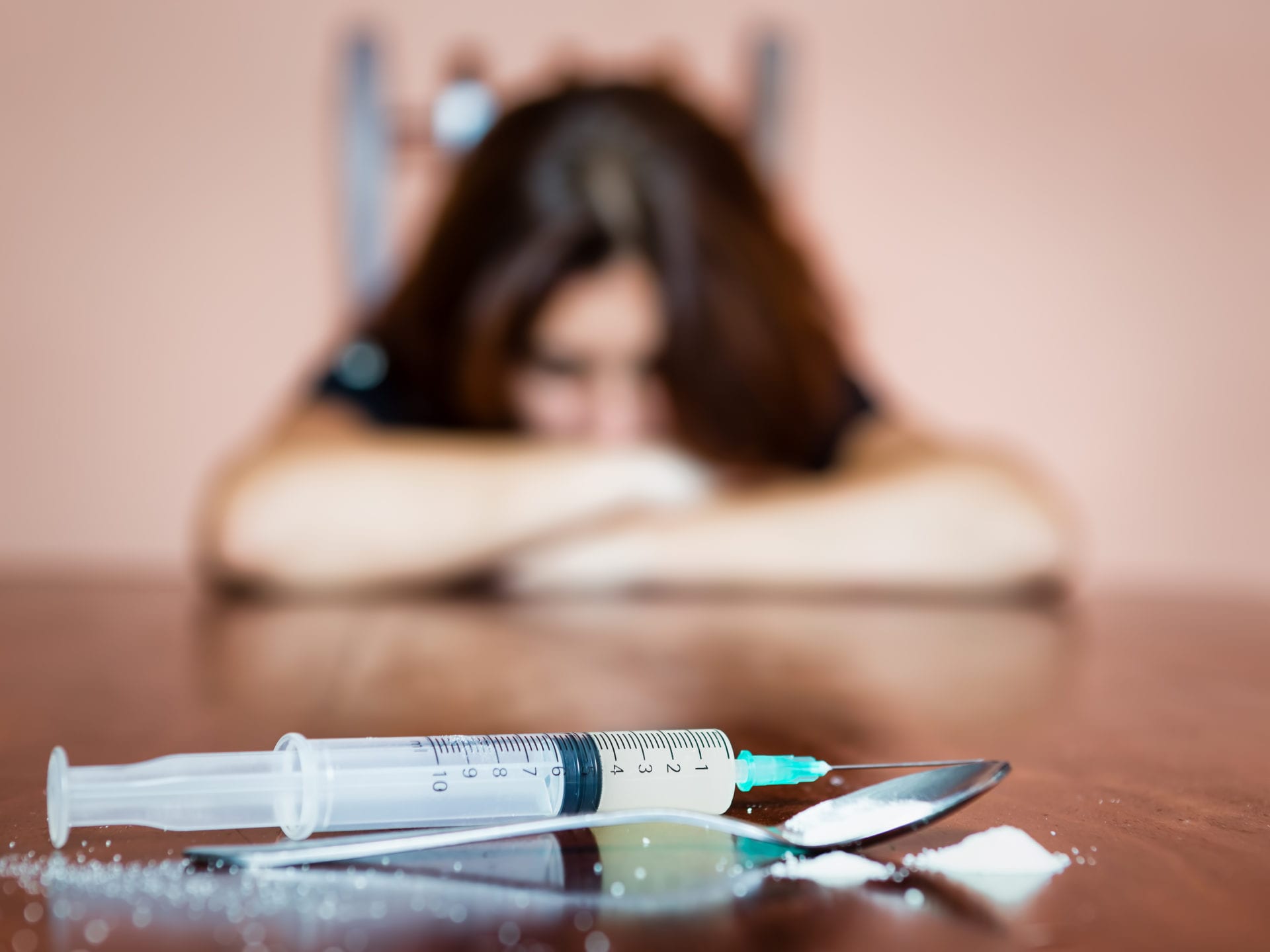Is heroin addiction a disease? Or could it be a choice? Too many people have asked themselves these questions as they struggle to come to terms with a loved one’s addiction to heroin. This is the type of drug that is extremely consuming and will take over someone’s life. Heroin can be injected or snorted, and is purchased illegally. It’s an opioid made from morphine, a natural substance taken from the seed pod of the various opium poppy plants grown in Southeast and Southwest Asia, Mexico, and Colombia.
Outsiders often see heroin addiction as a bad choice, one that the addict keeps making over and over again. Even heroin addicts themselves struggle with the shame of seeing themselves as incapable of making “the right choices”.
But addiction isn’t a choice; it is a disease, which is why addicts can’t “seem to help themselves”. There are many facts about addiction being a disease, and in this article, we’ll be discussing a few.
But first, what is addiction?
Addiction Defined
According to the new definition adopted by the Addiction Society of Addiction Medicine, ASAM board of directors in September 2019, “addiction is a treatable, chronic medical disease involving complex interactions among brain circuits, genetics, the environment, and an individual’s life experiences. People suffering from addiction use substances or engage in behaviors that become compulsive and often continue despite harmful consequences.”
And like any other chronic disease, addiction can progressively worsen without treatment. Early detection and treatment also have a higher chance of being effective in the long run.
A Heroin Addiction Isn’t a Choice
So, back to the question… Is heroin addiction a disease?
Although it is clear that heroin addiction or any other form of addiction is a disease, many still feel that it should be classified under the effects of “bad choices.”
It’s difficult for people who don’t understand addiction to classify heroin addiction with other chronic diseases like cancer because of addictions’ self-destructive nature.
Individuals who suffer from any form of addiction, including heroin addiction, always search for reward or comfort in repeated substance use. This repeated dependency on a harmful substance is what others perceive to be a choice.
This idea stems from the assumption that an individual with strong morals can choose to stop. But addictions don’t work like this. Many addicts would have stopped using a long time ago if it worked that way.
Addictions are classified as diseases because they affect the brain and leave an individual unable to stop. Just as cancerous cells take over the body, heroin alters the brain’s receptors in ways that make the individual unable to function without it.
When a person becomes addicted to a substance, it ceases to become a “conscious choice” to continue. The individual cannot stop on their own. They might have good days, weeks, or even months where they might be in remission, but ultimately, they get sick again.
When you consider these facts about addiction being a disease, you’ll realize that addicts are struggling as any other sick individual. Now is heroin addiction a disease? Of course it is.
How to Get Help With a Heroin Addiction
What can be done for individuals who want to get better?
Thankfully, there are many addiction treatment centers spread across the United States. You can find one close to home or very far away. Look for one that suits you best and reach out to them.
Our facility Anchored Tides Recovery located in Huntington Beach is an excellent addiction treatment facility for women, run by women.
We offer a ton of treatment options, including partial hospitalization, as well as a comfortable environment to help you focus on your healing process. Reach out to us today for help with your addiction.






























